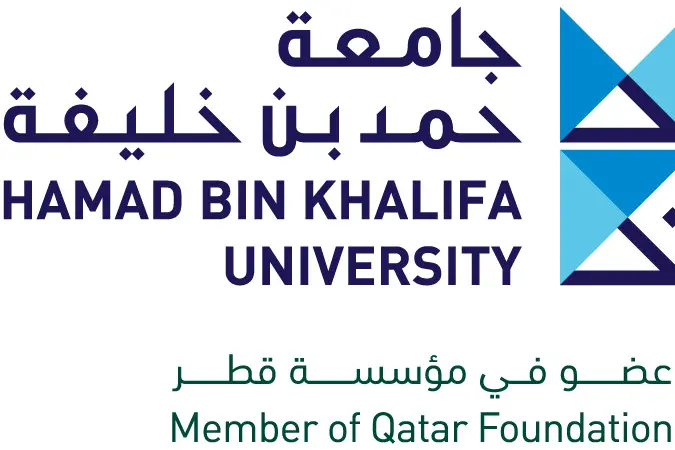PHOTO
Doha - In line with its commitment to solving critical challenges facing Qatar and the world, Hamad Bin Khalifa University (HBKU) was proud to participate in the 2023 United Nations Climate Change Conference (COP28).
Held November 30 to December 12 at Expo City Dubai, COP28 gathered policymakers, civil society, and other stakeholders to “rethink, reboot, and refocus the global agenda” on climate change and assess progress in achieving the goals of the Paris Agreement. The conference was based around the themes of Technology and Innovation, Inclusion, Frontline Communities, and Finance, and covered an array of sectors, including health, trade, relief, recovery, and peace. The university was represented by the College of Science and Engineering (CSE) and Qatar Environment and Energy Institute (QEERI).
HBKU’s contribution to COP28 formed part of four days of content curated by QF for the Ministry of Environment and Climate Change’s Qatar Pavilion. On December 3, Dr. M. Rami Alfarra, Principal Scientist, QEERI, gave a presentation on the impact of climate change on public health in the Arabian Gulf region. Further presentations took place on December 10, from Dr. Tareq Al-Ansari, Acting Executive Director, QEERI, and Associate Professor, CSE, and Dr. Farhat Mahmood, Postdoctoral Researcher, CSE, beginning with a presentation highlighting the synergies between infrastructure and food security. This was followed by a presentation on biochar and their role in food security, in addition to the future of climate change-resilient food production. HBKU’s final presentation, entitled ‘Water and Agriculture in Qatar’ was delivered by Dr. Khaled Mahmoud, Research Program Director, QEERI, and Dr. Haya Alyasi, Senior Research Associate, QEERI.
Reflecting on COP28, Dr. Mounir Hamdi, Founding Dean, CSE, said: “While climate change is a shared global challenge, Qatar is among a group of states where its impacts are felt the most. Like all members of QF’s delegation to COP28, HBKU is committed to developing novel solutions that enhance the country’s and wider world’s ability to mitigate the most pernicious effects of global warming. This mission is shared by all of HBKU’s colleges and research institutions and, as demonstrated by the CSE’s and QEERI’s contributions, is an established and essential feature of our research ecosystem.”
Commenting on HBKU’s participation at COP28, Dr. Al-Ansari said: “CSE’s and QEERI’s cutting-edge research initiatives pursue innovation to critical challenges facing Qatar and the world. Our faculty and staff took this unique opportunity to both disseminate their findings and gain feedback on their projects while also building connections and laying the foundations for future collaborations in this critical field of research.”
A member of QF, HBKU strives to empower students and engage alumni to develop skills and competencies through diverse, multidisciplinary educational and social learning opportunities. For information, please visit hbku.edu.qa
About Hamad Bin Khalifa University
Innovating Today, Shaping Tomorrow
Hamad Bin Khalifa University (HBKU), a member of Qatar Foundation for Education, Science, and Community Development (QF), was founded in 2010 as a research-intensive university that acts as a catalyst for transformative change in Qatar and the region while having global impact. Located in Education City, HBKU is committed to building and cultivating human capacity through an enriching academic experience, innovative ecosystem, and unique partnerships. HBKU delivers multidisciplinary undergraduate and graduate programs through its colleges, and provides opportunities for research and scholarship through its institutes and centers. For more information about HBKU, visit www.hbku.edu.qa.




















